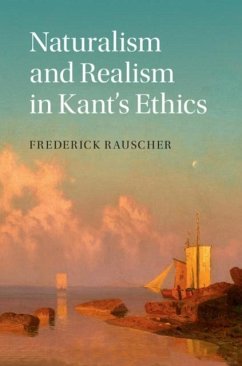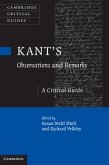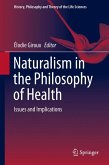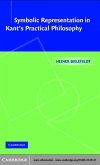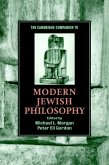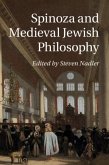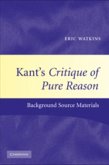In this comprehensive assessment of Kant's metaethics, Frederick Rauscher shows that Kant is a moral idealist rather than a moral realist and argues that Kant's ethics does not require metaphysical commitments that go beyond nature. Rauscher frames the argument in the context of Kant's non-naturalistic philosophical method and the character of practical reason as action-oriented. Reason operates entirely within nature, and apparently non-natural claims - God, free choice, and value - are shown to be heuristic and to reflect reason's ordering of nature. The book shows how Kant hesitates between a transcendental moral idealism with an empirical moral realism and a complete moral idealism. Examining every aspect of Kant's ethics, from the categorical imperative to freedom and value, this volume argues that Kant's focus on human moral agency explains morality as a part of nature. It will appeal to academic researchers and advanced students of Kant, German idealism and intellectual history.
Dieser Download kann aus rechtlichen Gründen nur mit Rechnungsadresse in A, B, BG, CY, CZ, D, DK, EW, E, FIN, F, GR, HR, H, IRL, I, LT, L, LR, M, NL, PL, P, R, S, SLO, SK ausgeliefert werden.

